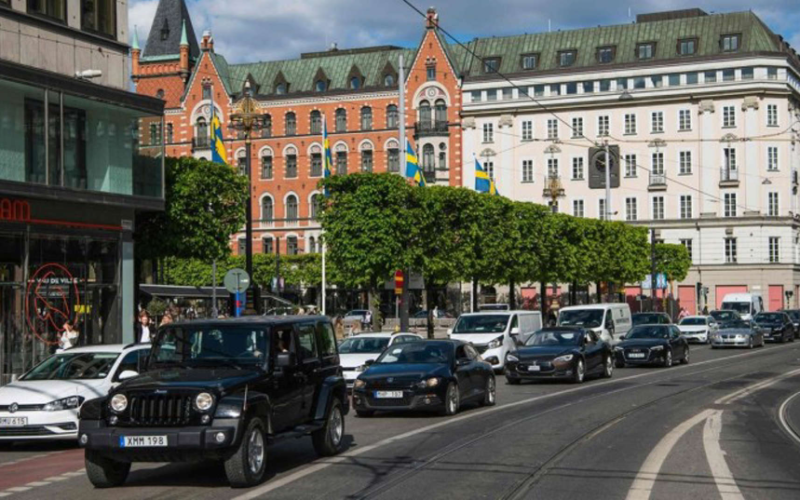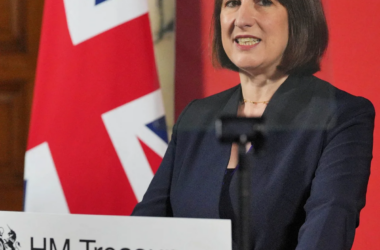Stockholm, the charming capital of Sweden, is taking a groundbreaking step towards reducing urban pollution and enhancing the quality of life for its residents. The city has recently declared its ambitious plan to ban all petrol and diesel vehicles from its central districts by the year 2025, paving the way to potentially becoming the first major metropolis worldwide to achieve this remarkable feat.
Stockholm’s endeavor to purge gasoline and diesel cars from its city center is rooted in a dual aspiration—to improve air quality and reduce traffic noise. The Swedish capital, renowned for its picturesque archipelago and vibrant culture, has long been dedicated to fostering a sustainable urban environment. With this ban, it is setting a pioneering example for cities globally to follow.
The comprehensive ban on gasoline and diesel vehicles will cover a substantial section of Stockholm’s inner city. Encompassing approximately 20 city blocks, the ban will extend across vital districts that house office spaces, commercial real estate, and bustling shopping areas. As of 2025, these designated zones will exclusively allow electric vehicle traffic, marking a significant shift towards greener, quieter, and cleaner urban living.
Electric vehicles (EVs) are at the forefront of Stockholm’s strategy to promote sustainability in urban transportation. By adopting electric cars as the sole mode of motorized transportation in the city center, Stockholm aims to drastically reduce harmful emissions and noise pollution, contributing to a more serene and eco-friendly environment for its residents. Electric vehicles have proven to be an effective alternative to traditional internal combustion engine vehicles, offering a cleaner and quieter mode of urban travel.
While Stockholm’s vision is admirable, transitioning to an all-EV city center does come with its challenges. The success of this initiative depends on several factors, including the affordability and availability of electric vehicles, the expansion of charging infrastructure, and the willingness of the public to embrace this transformation. The city must work diligently to address these aspects and ensure a seamless transition.
Stockholm’s commitment to eliminating gasoline and diesel cars from its city center is a clear indication of the city’s dedication to environmental conservation and urban well-being. By leading the way towards a more sustainable future, Stockholm is demonstrating the remarkable changes that can be achieved when city leaders, residents, and businesses unite to pursue a common goal. The ban, set to take effect in 2025, not only marks a pivotal moment for the city but also inspires other urban centers to take bold actions toward a cleaner and quieter future.








